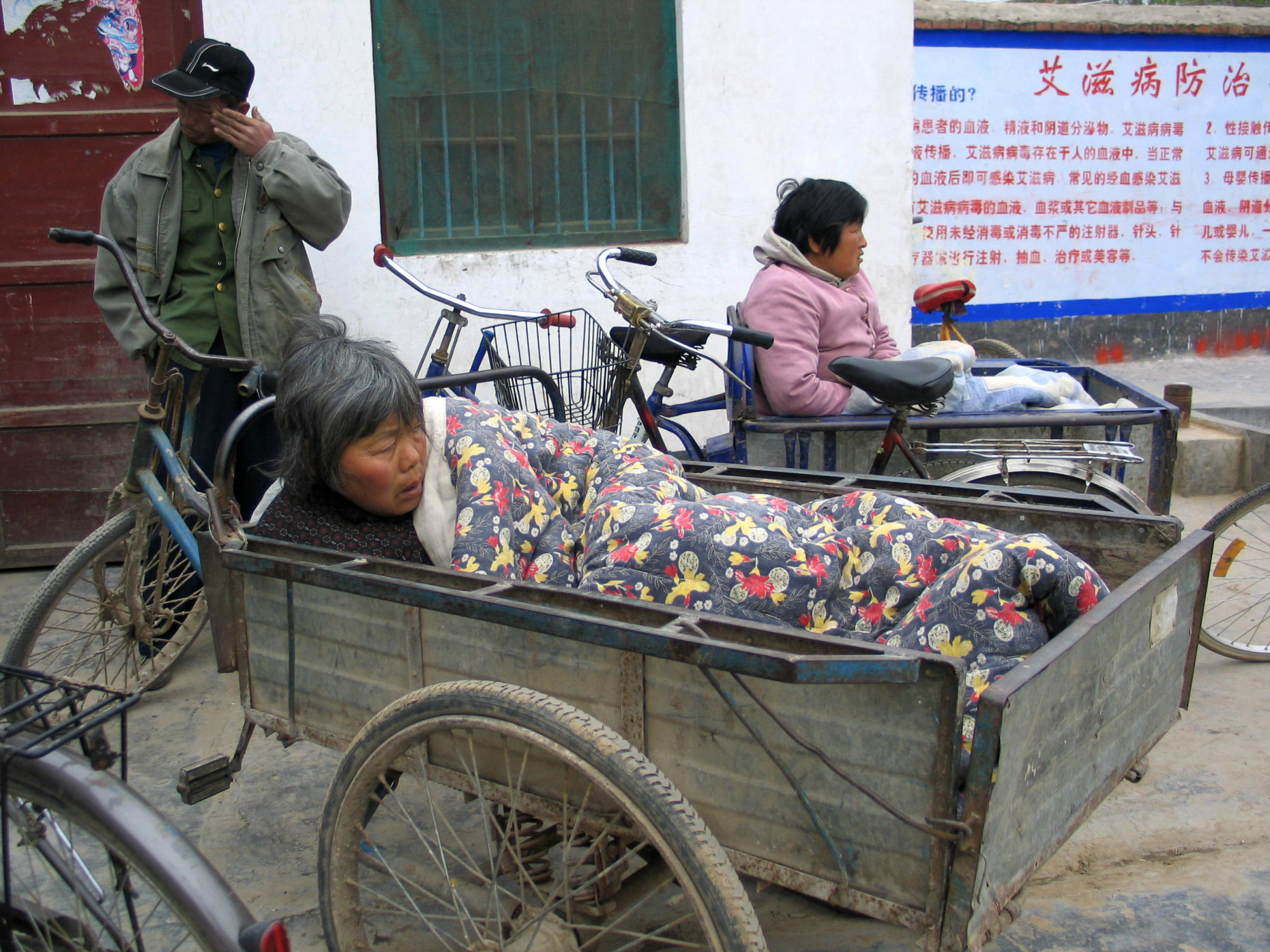
120 years of SCMP: our China desk is witness to changes inside and out, including Beijing’s rising economic power and diplomacy efforts
- News editor Josephine Ma started at the South China Morning Post in 1994 and started as Beijing correspondent in 2003
- She has seen the newspaper’s China coverage expand from observations on Communist Party politics to reporting on Beijing’s role in world affairs
When I first joined the South China Morning Post as a graduate trainee in 1994, the China desk was a big wooden desk with piles of newspapers and fax paper.
The fax machine on the desk would spit out dispatches from Xinhua, China’s state new agency. At the time colleagues joked that if a fax was lost in the disorganisation, we could miss important news.

The Post’s China coverage in the 1980s and early 1990s mostly focused on the obscure, elite politics of the Communist Party, such as personnel changes and ideological struggles.
As China changed rapidly, the Post’s coverage diversified. With China’s economic boom, there was more coverage of the economy and social problems of the 90s as rapid industrialisation and urbanisation brought up issues such as the plight of migrant workers and people who lost their homes because of forced demolition by local governments.
As China continued to rise on the global stage, and economic rivalry with the West intensified, its diplomacy and economic clout worldwide became an important area of coverage. In the past couple of years, a science team was set up to focus on China’s technological rise.
Meanwhile, military news about the PLA capability has also become a significant area of SCMP China coverage.
I was privileged to witness many of the changes over the past 20 years first hand. After Beijing relaxed regulations for journalists, I was the first Hong Kong resident to be stationed in the mainland as Beijing correspondent in 2003.
Previously, all the Post’s Beijing correspondents were foreign passport holders. Other Hong Kong media outlets sent correspondents to Beijing months later.
I landed in Beijing at the height of the Sars epidemic. My colleagues and I tracked trucks in suburban Beijing and found a massive construction site for Xiaotangshan makeshift hospital – a new concept at the time – that revealed the magnitude of the problem.
The following year, I sneaked into villages torn apart by the HIV/Aids epidemic in Henan province. Authorities denied that the sale of blood endorsed by local officials had caused the epidemic.
When local officials inspected the village, I hid in an orphanage with children who had lost their parents to HIV/Aids. I witnessed how denying the truth cost lives.

But I also met heroes who took risks to care for the orphans and those who were willing to speak the truth out of compassion and righteousness, including Gao Yaojie, a Henan doctor who was persecuted and is now in exile in New York.
Over nearly three decades, I interviewed state leaders, senior cadres, intellectuals and top businesspeople. But most impressive were people who had a compassionate heart to help others despite the price they had to pay, from ordinary people such as scavengers who helped care for an elderly man with no family, or experts like Gao who wanted to stop Aids/HIV spreading.
With the rise of technology like the internet, we no longer rely on a fax machine to send and receive information.
However, that does not mean truthful communication is any easier because the world is now entangled in narrative wars of all kinds. So often people will not listen to anything that does not align with the narratives they favour.
It highlights the importance of the Post’s mission to continue to watch China and explain it with integrity and impartiality.

